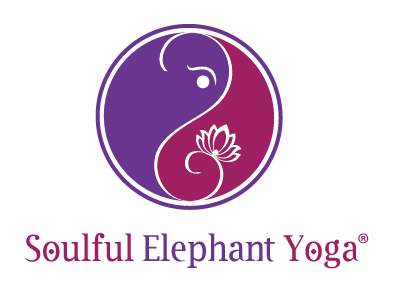The concentration practice of metta (the Palí word for “loving-kindness”) meditation is becoming more popular in the west, especially thanks to Sharon Salzberg, one of my teachers and the first teacher to teach me metta meditation in person. You silently repeat 3 or 4 phrases, whatever resonates with your deepest intention, over and over again consciously directing your well-wishes to certain beings. Metta meditation usually starts by directing loving-kindness wishes to ourselves, then to a benefactor or dear friend, then to somebody neutral in our life, then somebody that we have difficulty with (has hurt us or harmed us in some way), and eventually to all beings everywhere.
We direct loving-kindness wishes by repeating a set of phrases.
A common set of phrases is:
May I be happy.
May I be healthy.
May I be free from suffering and the causes of suffering.
May I live with ease.
(say each phrase silently or quietly to yourself, once you’ve said all four, start from the first again; there’s no rush to get through the phrases, it’s about the intention behind them)
The set of phrases that I commonly use is:
May I be happy
May I be healthy
May I be free from fear
(say each phrase silently or quietly to yourself, once you’ve said all three, start from the first again; there’s no rush to get through the phrases, it’s about the intention behind them)
You are welcome to replace “happiness” with any word or intention that resonates with that person.
Many people connect quickly to sending loving-kindness out to loved ones or friends, but have a resistance in sending metta to those that have hurt or harmed them in some way. Don’t worry, that resistance is very normal. It is challenging. We learn a lot about ourselves when we pay attention to things that are difficult for us.
So why is it so difficult? What are we believing about that person or about ourselves? Are we believing that they are different than us?
On a personal level we tend to get identified with our thoughts and beliefs about the person who caused us harm. We label them “bad” and put ourselves above their actions creating a separate self. This, as we know, is the ego. We are not able to separate out “bad” people from “good” ones. This is a false binary: good | bad. We don’t exist in absolutes. We are all the same stardust and molecules, have the same wants and needs, and possess the same potential for manifesting goodness (or badness). So the separation of some people into “bad” is just an illusion we create to explain how they could have harmed or hurt us in some way. In a bigger sense, acknowledging this illusion teaches us how to love unconditionally, or love that isn’t dependent on anything. Unconditional love isn’t based on having our affection returned, people treating us a certain way, or having our desires met. It is limitless.
I would like to also note that in the last step of the metta meditation, when we send metta wishes to all beings everywhere, we are sending loving-kindness to EVERY single being in the multi-verse, which includes any person we might consider “bad.” These beings are still included in our metta wishes and we are working on those wishes not being conditional. We must remember everyone is deserving of loving-kindness.
Sending metta to every being doesn’t mean that we condone violence, for example. It means that people are more than their worst mistake and that our metta for them is not based on human actions or behaviors but in their, and every human being’s, same potential for manifesting essential goodness.
By practicing sending loving-kindness to difficult people we are exercising our heart, training it to live in the field beyond “wrong-doing and right-doing.” Metta is not dependent on anything. Metta is unconditional.
Out beyond ideas of wrongdoing and right-doing,
there is a field. I’ll meet you there.
When the soul lies down in that grass,
the world is too full to talk about.
Ideas, language, even the phrase ‘each other’
doesn’t make any sense.
--Rumi
